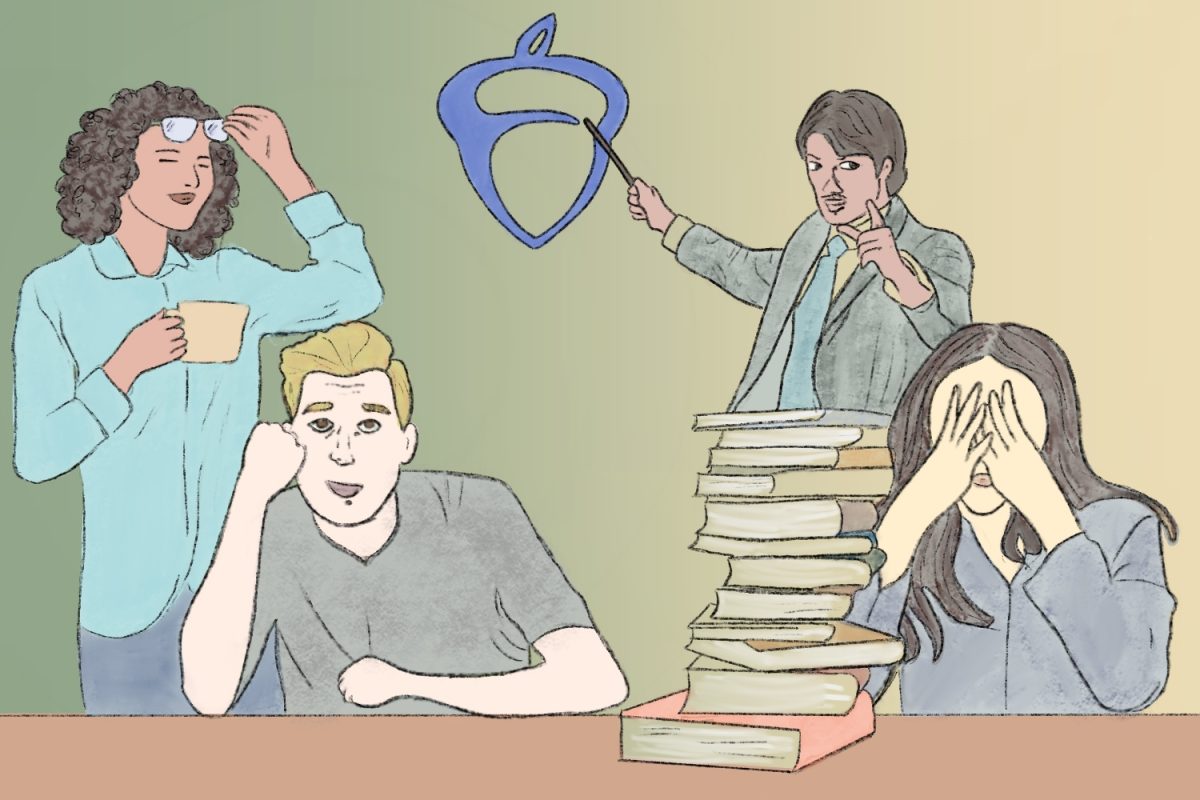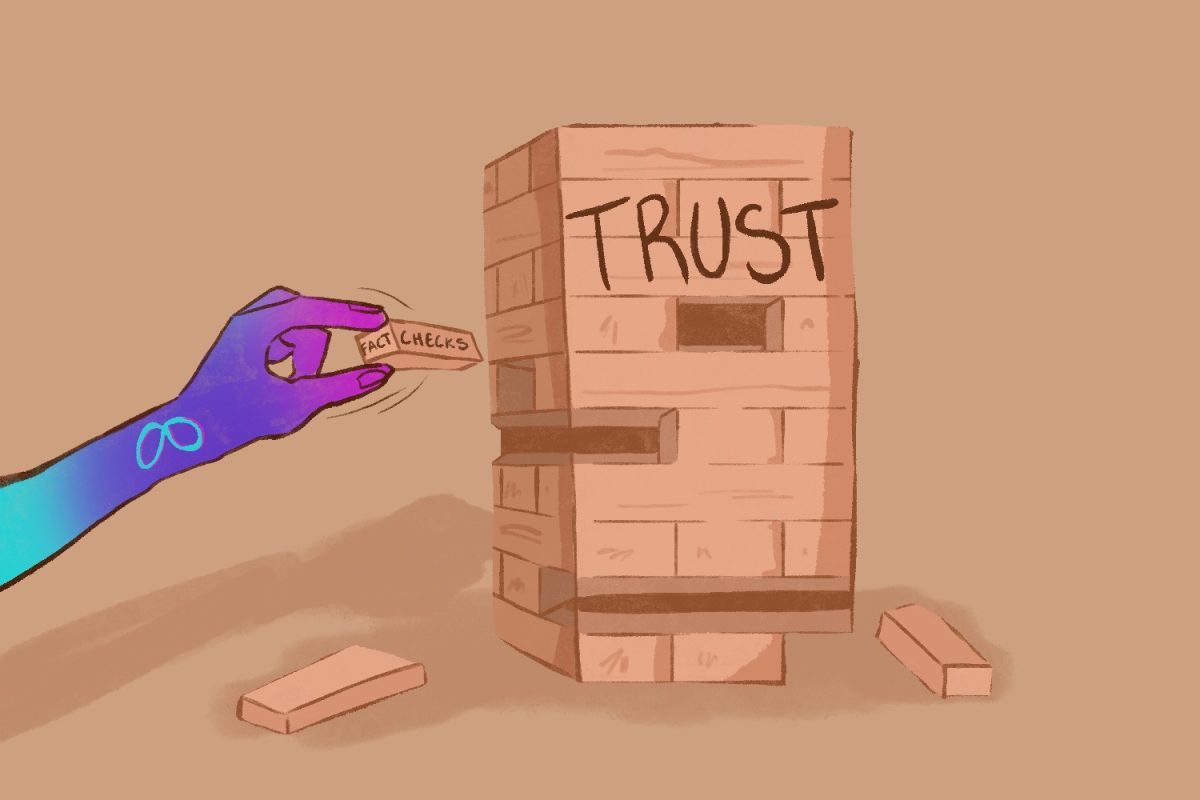The role of teachers in high school education is monumental. They can be student mentors, wisdom couriers, and role models.
Yet, within Carlmont High School, the variance of course content, grading practices, and instructional rigor between different teachers needs improvement. This discrepancy not only undermines the fundamental principle of educational equity but also jeopardizes the academic prospects of students.
Advanced Placement (AP) classes are intended to provide students with college-level coursework and prepare them for end-of-year AP tests which can offer college credit. However, within the realm of AP courses, the disparity in teacher preparation and instructional quality is problematic. Some teachers strictly follow College Board guidelines, which rigorously prepare students for exams and aid in understanding the subject. However, other teachers deviate from College Board curricula, in exchange for their own interests within related subjects.
Though teacher passion is important and necessary to have positive teaching environments, this resulting course disparity can fail to adequately prepare students for exams, and offer subpar instruction. When it comes to courses with standardized tests at the end of the year, the curriculum should be standardized to a certain degree as well — students should not dread getting a certain teacher when choosing a course for fear of poor educational preparation.
The variability in course content and grading practices extends beyond AP classes as well. Students enrolled with different teachers offering the same course may experience vastly different academic challenges and outcomes based solely on the teacher they are assigned. The possibility of getting a teacher who will grade assignments once a semester to instill fear in students or out of passivity compared to a teacher who provides individualized commentary and advice for students is not a productive possibility for the Carlmont student population. An inconsistency in grading standards undermines the credibility of academic assessments and leads to disparities in college admissions and scholarship opportunities. Moreover, it perpetuates a culture of uncertainty and stress among students.
In no way is this to claim teachers should not have educational liberties, they should, however, have guidelines that allow the students to receive similar outcomes if they put in the same amount of work and effort, not depending on their assigned teacher.
To keep teachers accountable, tenure can be both a tool used as a reward and a punishment. Tenure is meant to provide job security, which is important as it gives teachers a sense of ownership over their careers and a goal to work toward. However, the notion of tenure must be moderated with accountability.
Tenure should not shield teachers from the consequences of failing to meet established standards of teaching excellence. Mechanisms for evaluating teacher performance and providing constructive feedback must be implemented to ensure that obtaining tenure is not suddenly an excuse to stop delivering quality education to students.
Advocating for the standardization of courses does not seek to homogenize education or stifle teacher autonomy. Rather, it can ensure that every student has access to a consistent and high-quality education, irrespective of the teacher they are assigned.
By holding teachers accountable for adhering to specific curriculum guidelines, maintaining rigorous instructional standards, and preparing students for academic success, a more equitable learning environment can be attained.
*This editorial reflects the views of the Scot Scoop Editorial Board and was written by Aimee Teyssier.
The Editorial Board voted 8 in agreement and 7 refrained from voting.













